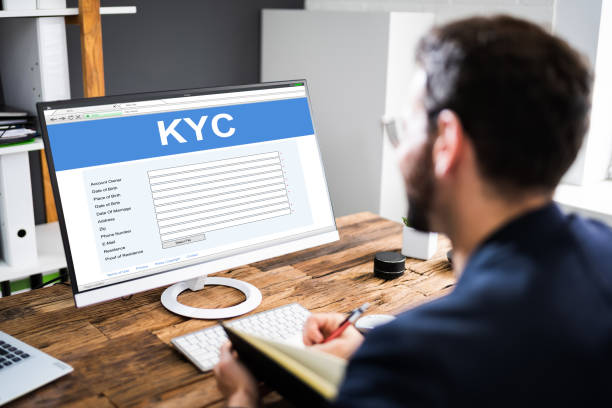Being a business owner isn’t easy because you have to keep striving to acquire new customers, make the existing ones happy, and abide by all laws and regulations. One of the laws mandated by the Reserve Bank of India (RBI) for customers is to submit KYC (Know Your Customer) documents for using bank-related services.
The RBI has made the KYC process compulsory for both banks and customers to reduce fraudulent practices. The KYC system helps banks learn about their customers better, reducing potential risks and pre-empting financial crime activities, such as terrorist financing, identity theft, money laundering, etc.
Putting it briefly, getting KYC done is paramount to offering a secure and mesmerising experience to customers. Let’s dive deep into details:
Why are KYC documents required?
There are four reasons why businesses expect customers to submit KYC documents:
- Identify and locate the customer
- Adhere to RBI’s PMLA (Prevention of Money Laundering Act)
- Flawless risk management
- Keep a tab on transactions for tax and regulatory purposes
What is required according to the KYC documents list?
A KYC documents list gets created for two reasons:
1. Proof of Identity
- Valid passport
- Voter ID card
- Driving licence
- Ration card
- Government employee ID card
- Defence ID card
- PAN card
2. Proof of Address
- Valid passport
- Voter ID card
- Driving licence
- Pipeline gas bill
- Recent water/electricity/telephone bill (maximum 3 months old)
- Property tax bill (maximum 3 months old)
Besides these KYC documents, you must carry passport-size photos that a bank representative may request you to provide. Please note that you don’t need to submit original documents. Just give photocopies to complete the KYC process.
Specific KYC documents are required based on the type of business you own
We’ve discussed the two key reasons why a KYC documents list is needed. However, it is essential to understand that the type of KYC documents also varies according to the business size. Let’s understand in detail:
1. Sole proprietorship
A sole proprietorship is when an individual has complete control over a business. For example, the business owner carries out all operations and takes all crucial decisions.
Since an individual is running the whole business, regulatory requirements are limited. The individual can follow the below-given KYC documents list and submit any proof to make the business comply with all regulations and laws.
- GST registration certificate
- Professional tax registration certificate
- Importer Exporter Code Number certificate
- Excise registration certificate
- VAT (Value Added Tax) registration certificate
- Commercial tax registration certificate
- Turnover tax registration certificate
2. Partnership Firm
It’s called a partnership firm when two or more people (maximum up to 20) come together to run a business. It’s not much different from a sole proprietorship in terms of running business operations. However, responsibilities, profits, or losses are divided on a pre-decided basis, which is also documented in the partnership deal.
As far as the documents are concerned, the list is the same as what we have mentioned for a sole proprietorship. But you have to submit two additional documents – a copy of the partnership document and the registration certificate.
3. LLP
An LLP (Limited Liability Partnership) is a hybrid entity. It has the elements of a corporation and a partnership firm. It is worth noting that partners can have liability (limited) towards other partners or the business. Its KYC documents list is relatively short, making it easier to follow. You need to submit any of these:
- An LLP agreement
- A Certificate of Incorporation
4. Public or Private Limited Company
To start a Private Limited Company, two or more people have to come together. However, the ownership stays with the directors.
On the other hand, at least seven members are required to start a Public Limited Company. As far as business ownership is concerned, it is open to the public through stock options traded using the stock exchange.
Since both are different, the way of operations and applicable regulations are also contrasting. However, the KYC documents list is quite similar. Documents you need for submission are.
- Certificate of Incorporation
- Memorandum and Articles of Association
- A list of directors
- A company search of the file at the Company Registry
- Certificate of Commencement of Business
Every bank seeks different kinds of documents, therefore you should try to obtain the right information from the bank’s website before paying a visit. However, the documents mentioned above will help you get all the basics right and prepare to get the verification done as soon as possible. In this blog, we have spotlighted all the documents you might require when talking with bank officials. To learn about the exact requirements, you should have a meaningful dialogue with the bank where you will visit.
In case you feel that we have missed out on one or two crucial KYC documents, do let us know in the comment section. It will be helpful for other readers as well 🙂






